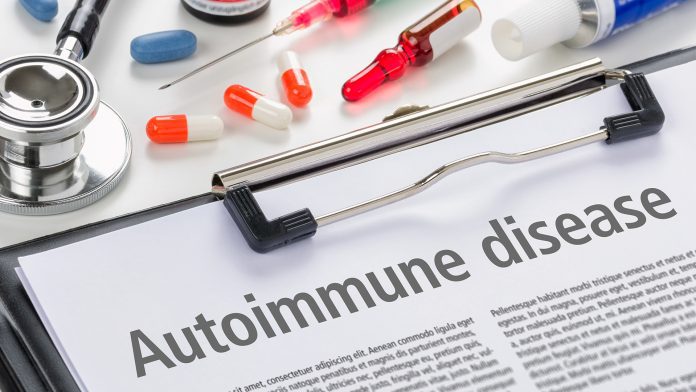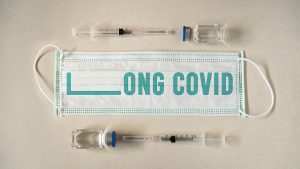
Research performed by an international team of researchers suggests that long COVID potentially causes autoimmune diseases.
Blood samples from long COVID patients still experiencing fatigue and shortness of breath showed signs of autoimmune diseases, which occur when the immune system attacks healthy parts of the body by mistake instead of protecting against disease.
It can result in conditions such as lupus and rheumatoid arthritis. The researchers explained that their findings might help to improve diagnostic for long COVID and treatments for the condition.
Dr Manali Mukherjee, the study leader from McMaster University, said: “Although long COVID is now recognised by bodies like the World Health Organization, we still know very little about why it develops or how it develops we can help patients.
“I’m a respiratory researcher with a background in studying the immune system, and when I experienced the symptoms of long COVID first-hand, I began to wonder about the role of the immune system in this condition.”
Assessing the impacts of long COVID
For their study, the team recruited 106 people diagnosed with COVID-19 between August 2020 and September 2021. The research group also included 22 healthy volunteers and 34 people who experienced a non-COVID respiratory infection.
At three, six, and 12 months after the participants recovered from the infection, they were asked if they were suffering shortness of breath, coughing, or fatigue. 98 out of 106 patients were still participating in the study after six months; however, only 57 returned after 12 months.
The researchers tested the patient’s blood samples for antibodies produced by the immune system to combat harmful bacteria or viruses. The team looked for antibodies that target healthy cells and tissues in the body known to cause autoimmune diseases.

Increasing the risk of autoimmune diseases
The results showed that 80% of the COVID-19 patients had two or more of these antibodies at three and six months following infection, falling to 41% after a year. Most of the healthy volunteers had no signs of these antibodies, and levels were comparatively low among individuals with a non-COVID respiratory infection.
Additionally, the researchers discovered two specific antibodies, known as U1snRNP and SSb-La, as well as other proteins – cytokines – that cause inflammation in 30% of COVID patients a year after infection. This was predominantly among individuals who were still experiencing fatigue and shortness of breath.
Dr Mukherjee explained: “For the majority of the patients in our study, even if they had autoantibodies soon after their infection, this resolved after 12 months. However, in some patients, autoantibodies persist, and these patients are more likely to continue suffering from symptoms and need medical help. These results point towards the need to test for signs of autoimmune diseases in patients with symptoms of long COVID that last for a year or more.”
Professor Chris Carlsten of the University of British Columbia said: “Our data on autoantibodies in those months following COVID infection buttresses that of other groups and provides strong plausibility for the presentation of long COVID as a systemic disease.”
The team is now looking to analyse long COVID patients over two years to see how their autoantibody levels change.
Dr Eva Polverino from Vall d’Hebron University Hospital concluded: “Millions of people around the world are suffering with long COVID and that is having an enormous socioeconomic impact. However, there is a lack of evidence on why some people develop the condition and how we can help patients recover.
“We know that certain infections can, in some cases, trigger longer-term autoimmune diseases such as rheumatoid arthritis. This study adds to growing evidence that similar processes may be involved in long COVID. Further work in this area could increase our understanding of long COVID and how best to diagnose and treat the condition.”







